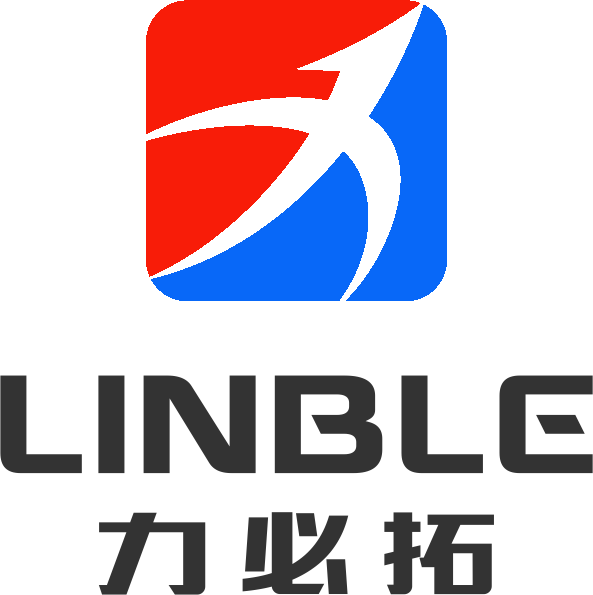Industrial Ethernet switches are those that are purposely made to be strong enough to work in a rough industrial environment which is the reason why they are fragile and have a lot of care on them. They are responsible for guaranteeing uninterrupted and efficient networking between critical applications used in manufacturing, transportation and utilities among others.
Significance in Industrial Settings
In contrast to normal office-based Ethernet switches, the industrial ones operate well under extreme environmental conditions such as high temperatures, vibrations, electromagnetic interference (EMI), etc. Truly speaking, they provide unmatched network solutions for effective industrial automation systems leading to operational excellence.
Key Features of Industrial Ethernet Switches
Rugged Design: Rugged design includes enclosures that can be made of metals and non-metals with IP certificates against water or dust penetration.
Reliability and Redundancy: There are several industrial switch models available with Rapid Spanning Tree Protocol (RSTP) or EtherCAT technologies embedded thus ensuring uninterrupted connectivity even if one line fails.
High Bandwidth and Low Latency: These models come with both Gigabit Ethernet ports as well as 10-Gigabit Ethernet ports capable of processing large data sets without any delays which is crucial for real-time control systems.
Advanced Management Capabilities: Some examples include VLAN’s support on managed switches, QoS services, SNMP monitoring tools or port mirroring functionality needed for network maintenance purposes.
Applications in Industry
Industrial Ethernet switches facilitate the following uses:
Factory Automation: This links PLCs to sensors and controllers that optimize entire production processes.
Transportation Networks: That revolve around traffic control system management, railway communications’ administration, vehicle surveillance etc.
Utilities: The smart grid infrastructure reinforcement process involves SCADA systems installation alongside remote energy distribution networks’ monitoring.
Installation Considerations
Network Topology: The selection of star, ring or mesh topologies is dependent on the intended use and redundancy needs of the factory.
Power Requirements: These switches should support Power over Ethernet (PoE) as a feature for devices such as IP cameras and wireless access points.
Environmental Conditions: Switches should be installed in temperature controlled environments or alternatively one can choose models that can withstand harsh environments outdoors.
Future Trends
Integration with IIoT: This will require closer collaborations with IoT and edge computing for real-time analytics and predictive maintenance.
Cybersecurity Features: Among other things, this implies implementation of strong security procedures aimed at protecting data integrity from any cyber threats.
5G Integration: Industrial IoT applications would hence make use of 5G networks to offer low latency coverage and high speeds within these factories.
Industrial Ethernet switches are indispensable tools for building reliable and resilient industrial networks. It’s through these switches that smarter factories connected by wires will be built, hence acting as crucial cogs in the wheel of industry automation.

Copyright © 2025 Shenzhen Libtor Technology Co., Ltd.
-
Privacy policy
粤ICP备11103969号